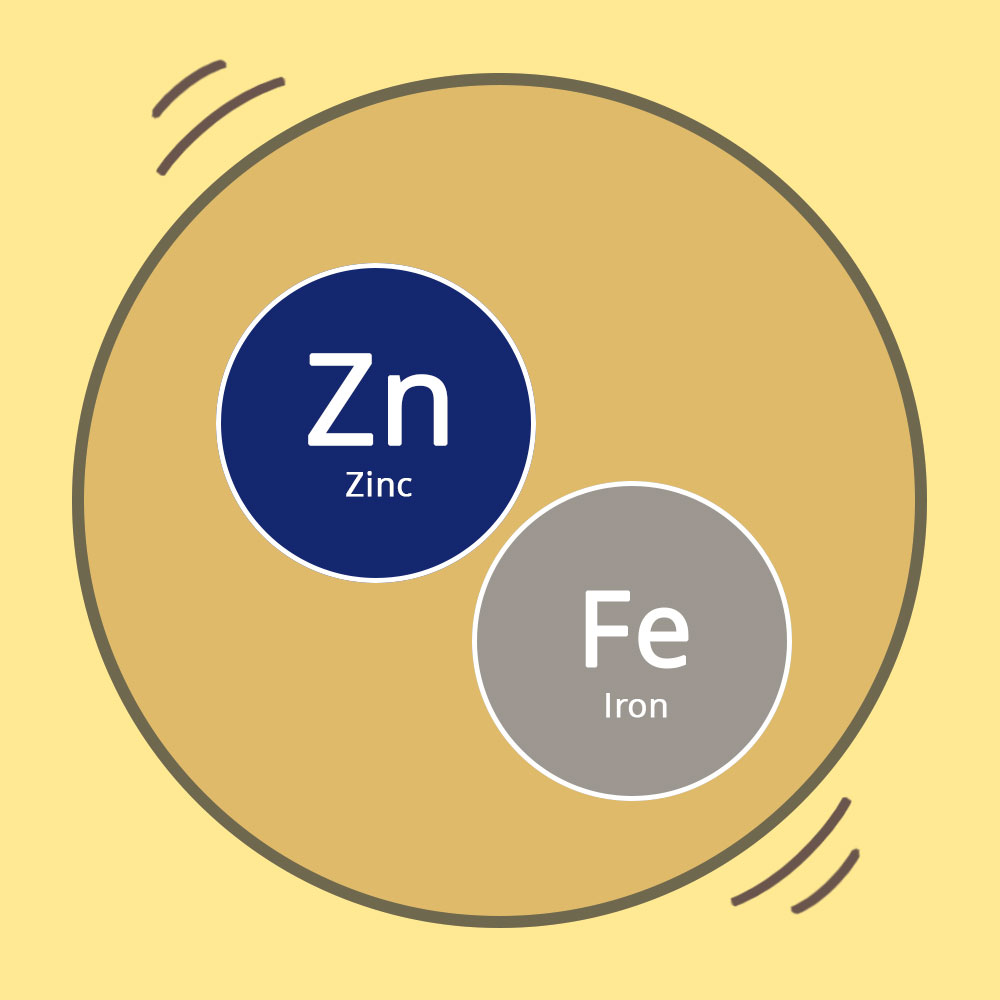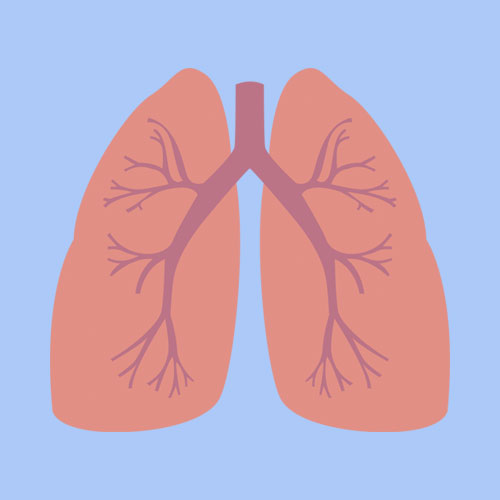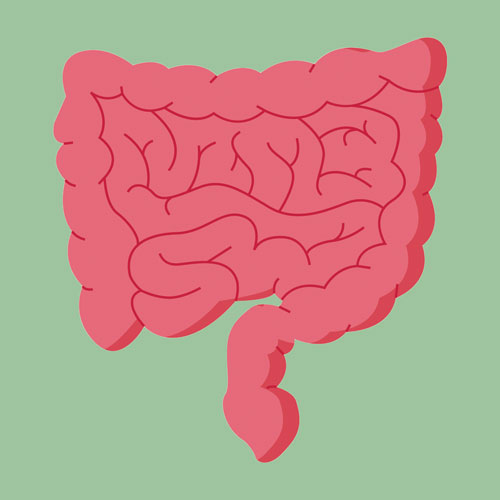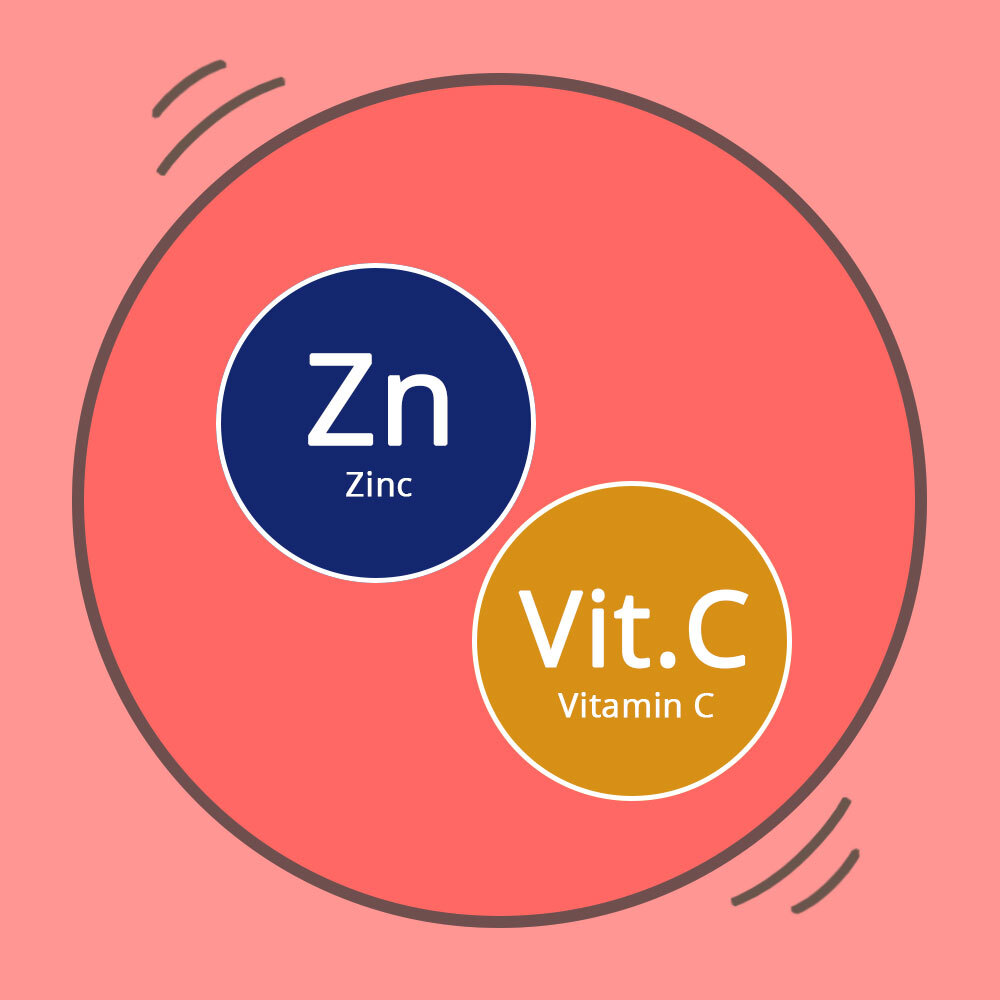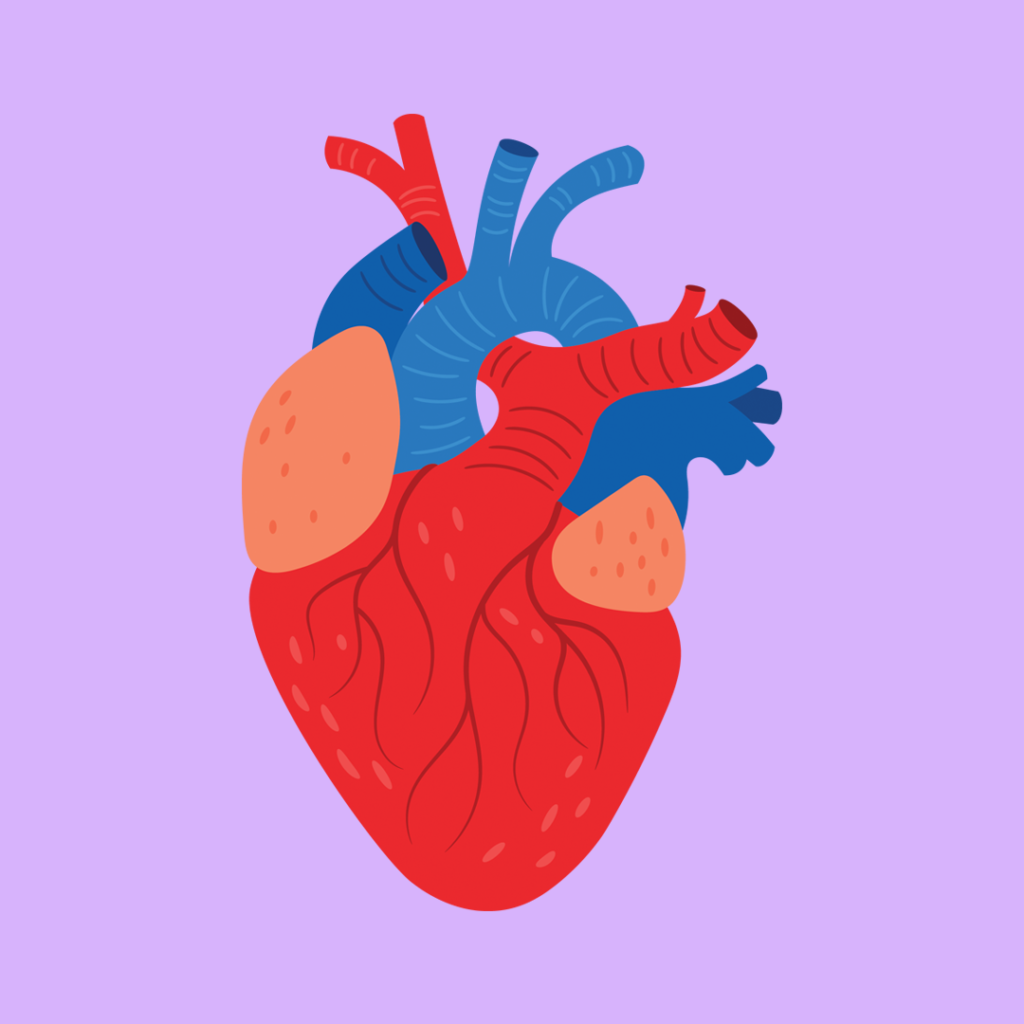Eye health: Foods and nutrients to improve eyesight
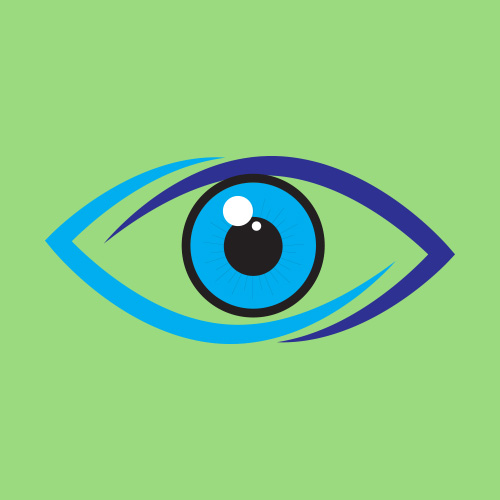
Questions answered in this article:
You've probably heard of vitamin A for eye health, but have you heard about the benefits of zinc? There is a significant amount of zinc stored in the eyes to support healthy vision. This nutrient has an important task - it helps bring vitamin A from the liver (where it is stored), into the retina (where it is used) so that the vitamin A is able to protect and aid eyesight.
What effect does a zinc deficiency have on vision and eye health?
Healthy eyes should be able to adapt to dark environments easily. However, those with a zinc deficiency may have difficulty with this shift. This is because adequate levels of zinc are necessary to stabilize a light-activated protein called rhodopsin. When zinc binds to rhodopsin, it is able to control the light response in the eye to best suit the light or dark environment, allowing us to see properly.
Zinc is also an important antioxidant for the eye - the receptors in the eyes are particularly susceptible to oxidative stress because they are constantly exposed to light. And since the body's primary antioxidant, glutathione, is found in low levels in the eyes, we therefore need to rely on zinc instead.
Common eye health concerns
Zinc and cataracts
A normal, healthy eye possesses a clear lens that bends light coming through the eye. This is how we see. A cataract can develop when the proteins in the lens of the eye become damaged, leading them to become translucent or opaque. If you have a cataract, it is like looking through a foggy or dusty car windshield - things constantly look blurry.
Since zinc is stored in the lens of the eye, zinc deficiency has been associated with the development of cataracts. Healthy lenses have an adequate concentration of zinc, while those who are deficient tend to have lower zinc levels in their lenses.
Zinc and night vision
In general, we should be able to see in areas of low light, such as a dimly lit restaurant or while driving at night. This is an instance where vitamin A and zinc work together. Vitamin A is necessary for the pupil to adapt to darkness, and zinc helps transport vitamin A to where it's needed. Studies show that even when vitamin A levels are adequate, low levels of zinc can still lead to night blindness, a condition known as nyctalopia.
Zinc and Age-Related Macular Degeneration (AMD)
AMD occurs when part of the retina, located at the back of the eye, wears down. Severe symptoms of Age-Related Macular Degeneration include blurry vision and the presence of dark areas in your eyesight. For most people, vision decreases slowly and does not deteriorate entirely. However, for some, it can eventually lead to complete blindness.
AMD is frequently associated with increased oxidative stress, and zinc is used to inhibit the enzyme that causes AMD-related oxidation. Optometrists advise patients with retinal degeneration to supplement with zinc to reduce the risk of this condition.
Supporting vision and eye health, naturally
Along with a healthy diet and protection from UV light, zinc has been shown to protect against cataracts, poor night vision and macular degeneration. Each of these conditions range from mild to severe, but can decrease quality of life when left untreated.
To up your dietary zinc intake, try adding zinc-rich foods like red meat, oysters, eggs, cashews and sunflower seeds to your diet.
Other nutrients to consider
Lutein and Zeaxanthin
Lutein and zeaxanthin are two antioxidants that help protect your eyes from light damage. They act as a shield against the blue light that emanates from screens, and the sunlight's UV rays that we are exposed to on a daily basis. Both of these antioxidants are found primarily in green leafy vegetables. Spinach, collard greens and kale are your best leafy green friends when it comes to eye health!
It is also possible to supplement with these two antioxidants. The Nurses' Health Study showed that subjects taking lutein and zeaxanthin supplements were able to reduce their need for cataract surgery. Supplementation is also recommended by the American Academy of Ophthalmology for those with Age-Related Macular Degeneration, or those with family history of the condition.
Vitamin A
This mighty vitamin should not be forgotten when looking to maintain healthy eyesight. Vitamin A is required to form the receptors at the back of the eye that sense light. It also protects the surface layer of the eye (cornea) from bacteria and eye infections. A lack of vitamin A can lead to night blindness, dry eyes and vision loss.
The best food sources of active vitamin A are beef or chicken liver. If that's not to your taste, cod liver oil, eggs and carrots are great sources too.
Vitamin C
The Nutrition and Vision Project recommends vitamin C to neutralize oxidative damage related to cataracts and Age-Related Macular Degeneration.
Most fruits and vegetables are an excellent source of vitamin C. Oranges are an obvious example, but peppers, tomatoes, strawberries and other citrus fruits are also particularly high in vitamin C.
Vitamin E
This antioxidant is a first line of defence free radical attacks. Each cell is surrounded by a layer of fat to protect what goes in and out of the cell. Vitamin E resides in the cell membrane and can prevent conditions that involve oxidation, such as cataracts. This fat-soluble vitamin can be found in nuts and seeds such as almonds, pecans, hazelnuts and sunflower seeds.
Omega-3 Fatty Acids
DHA in particular contributes to proper visual development and retinal function. It is essential for everyone, but is especially important for pregnant women, babies and infants. A lack of omega-3 fatty acids in adults can be linked to dry eyes, and supplementation can reduce the risk or dryness.
Do I need a zinc supplement?
There are many nutrients necessary for supporting normal, healthy eye function. If you are interested in using zinc to support your eye health, Zinc Bis-Glycinate 25 is a gentle yet absorbable form that is safe for daily use.
You can also combine zinc with lutein and zeaxanthin supplements, as found in CanPrev's unique Eye-Pro formula.

